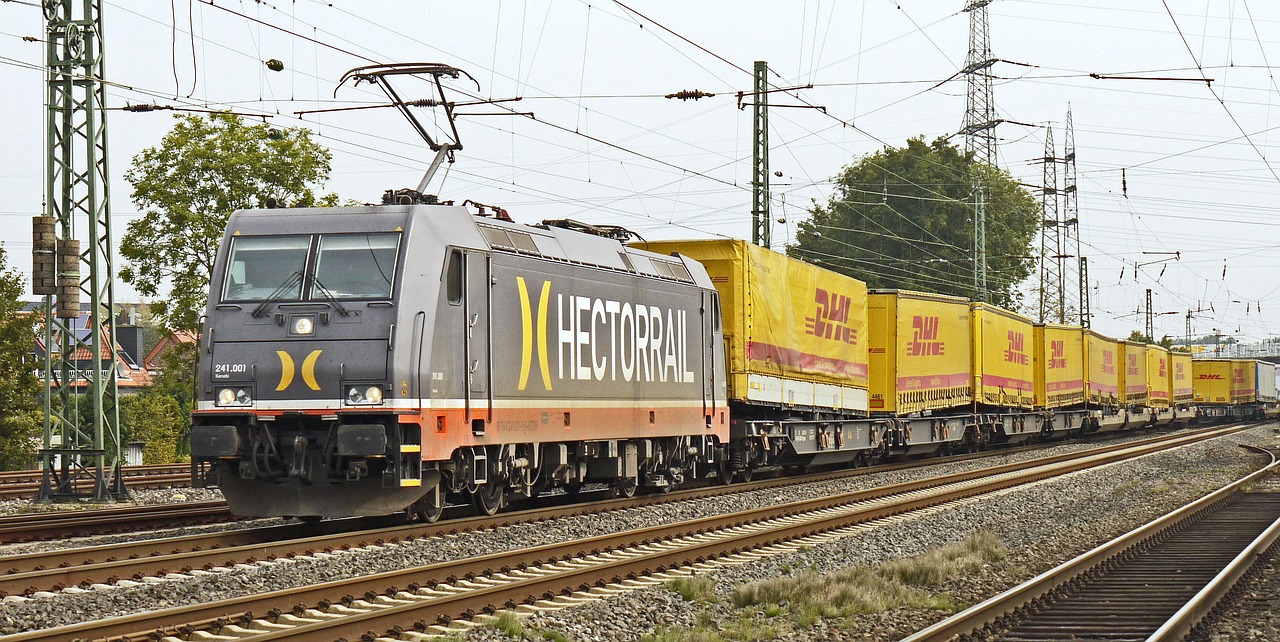
Letter writing will become more expensive in the future: Postage for a standard letter could rise to up to 90 cents. The Bundesnetzagentur grants the post office, after much back and forth, the room for a significant increase.
Consumers have to adjust to a much higher letter postage. The Federal Network Agency announced that Deutsche Post has a price increase margin of 10.6 percent. This can be used differently for the different types of letters.
The postage for a standard letter could therefore increase even more – according to industry circles, an increase to up to 90 cents is possible, currently there are 70 cents. Then, the postage for other types – whether Maxi-letter, compact letter or postcard – would not be expensive or hardly.
The exact postage is still unclear. Only in May, Deutsche Post can apply for the concrete price increases. These will probably apply from 1 July.
Deutsche Post does not want to commit itself yet
In a first reaction, Deutsche Post did not decide how much it wanted to increase the postage for a standard letter. The company pointed out that the network agency initially published its specifications only for comment. A final decision will be taken by the authorities in late May. „Only then can Deutsche Post AG apply for the specific letter prices, which will apply from 1 July 2019,“ the company clarified.
FDP parliamentary vice Frank Sitta accused Union and SPD, they would have „pushed through the postage increase desired by the post office by an amendment of the fee regulation“. This brings additional dividend income for the federal budget „at the expense of postal customers“. The left-wing politician Pascal Meiser warned the post before „rip off“: „Porto increases of up to 25 percent, which serve only to increase the billions in profits of the Post Group, are unacceptable,“ said Meiser.
Regulation paved the way for greater price scope
Back in January, the Federal Network Agency had proposed a first „price increase scope“, at that time it was only 4.8 percent. This was the post too little, they threatened indirectly with Job degradation. In the Federal Government met the former state monopolist with his concern on understanding: The Federal Ministry of Economics brought a change in the regulation on the way, whereupon the network agency had to reckon and then came to the higher value. From competitors of the post came sharp criticism – they see the Bonn Group favored by the federal policy.



